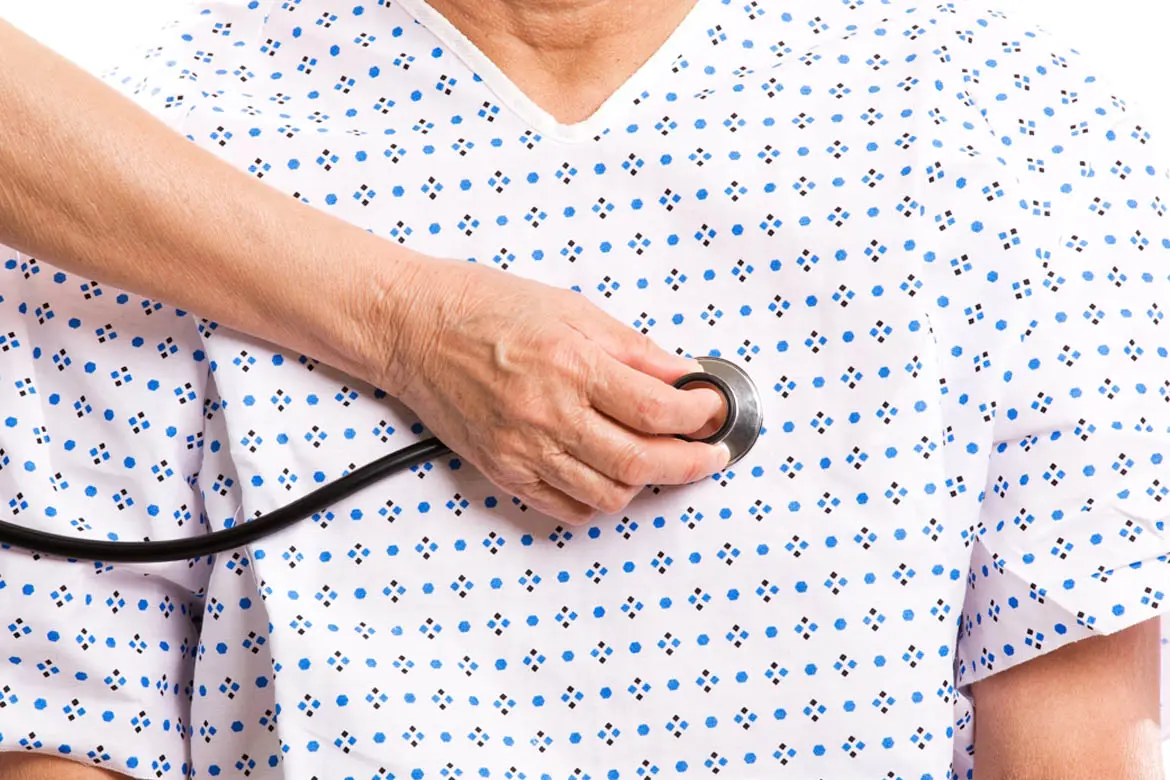Dr Ng Kwan Chung Kenneth
Cardiologist


Source: Shutterstock
Cardiologist
Dr Kenneth Ng, cardiologist at Mount Elizabeth Hospital, explains the possible causes of heart palpitations and what atrial fibrillation is.
Palpitation is a general description of an increased awareness of our own heartbeat. We may feel that the heart is beating faster, beating harder, skipping beats or beating irregularly. There might even be extra heartbeats that occur just before a regular beat, called ectopic beats. Some patients even describe their heartbeats as 'fluttering' or 'popping out of the chest'.
When you are experiencing heart palpitations, it can feel like your heart is:
Palpitations can have triggers. They can be triggered by:
Sometimes heart palpitations can indicate a serious problem, such as an overactive thyroid gland (hyperthyroidism) or an abnormal heart rhythm (arrhythmia).
Arrhythmias may manifest in several different ways. You may experience a very fast heart rate (tachycardia), an unusually slow heart rate (bradycardia), a normal heart rate that varies from the usual heart rhythm of a combination of the three.
Atrial fibrillation is a condition that can cause palpitations as it can cause the heart to beat very fast and irregularly. The major clue is that the patient will complain of an irregular heart beat.
Atrial fibrillation is an irregular and often rapid heart beat. It is due to the chaotic and irregular beating of the 2 upper chambers of the heart. The irregular beating can come and go and the duration of the abnormal heart beat can be from seconds to hours to days. The heart rate can vary between 100 – 200 beats per minute.
The most common symptom of atrial fibrillation is that of a fast and irregular heartbeat. It can also lead to:
However, in many cases, it does not cause any symptoms and is only picked up during a routine examination of the pulse or the electrocardiogram.
The most common cause is old age where there is degeneration of the body's pacemaker and the heartbeat becomes abnormal.
Abnormalities and damage to the heart can also cause atrial fibrillation. These include:
Atrial fibrillation results from the chaotic electrical beating of the upper chambers of the heart. As such, the chambers are not really contracting but merely quivering. This cause the blood in the upper chamber of the heart to stagnate and form tiny clots. These clots can then migrate up to the brain and cause strokes.
Atrial fibrillation also causes the heart to beat very fast. If the heart continues to beat very fast for a long period of time, the heart function can weaken and it will then lead to the development of heart failure.